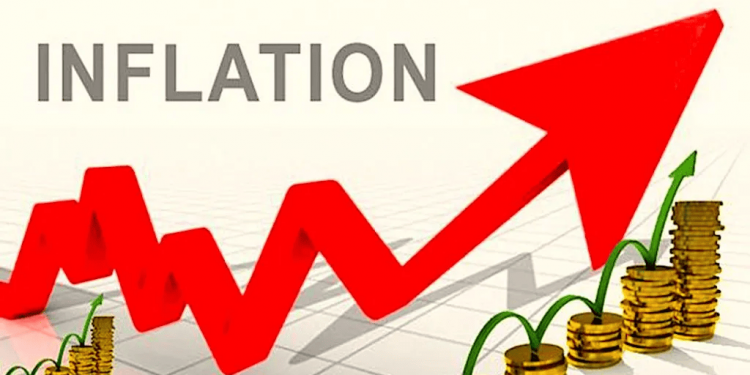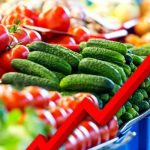A member of the Central Bank of Nigeria’s Monetary Policy Committee (MPC), Muhammad Abdullahi, has warned that imported inflation is a major threat to price stability in the country, complicating efforts to curb rising inflation, which reached 34.80% in January 2025.
His concerns come as the Federal Government plans to import food items to address food shortages, a move that may further expose the economy to global price fluctuations and exchange rate pressures. Abdullahi noted that Nigeria’s dependence on imported goods makes it highly vulnerable to external economic shocks.
In his personal statement after the 298th MPC meeting, where members opted for a 25-basis-point interest rate hike to 27.5%, Abdullahi pointed to domestic supply constraints—worsened by insecurity in food-producing regions—as key drivers of inflation. He highlighted inadequate transportation and storage infrastructure as additional challenges pushing up food prices.
“Despite previous rate hikes and complementary measures, inflation remains persistent, requiring a comprehensive approach that combines monetary and structural policy actions,” he said.
He further explained that the rising costs of essential imports like wheat, refined petroleum, and fertilizer are worsening inflationary pressures. Additionally, higher fuel prices have driven up transport and logistics costs, further escalating inflation.
To combat these challenges, Abdullahi called for targeted investments in transportation and storage infrastructure to ease supply chain bottlenecks and lower food prices. He also emphasized the need for increased domestic refining capacity to reduce reliance on imported fuel and stabilize the naira.
Another MPC member, Philip Ikeazor, echoed concerns over Nigeria’s import dependence, noting that despite efforts to reduce foreign exchange pressure, Premium Motor Spirit and gas imports accounted for $2.821 billion of Nigeria’s top 10 imports in Q2 2024. He warned that the concentration of imports in the non-productive sector is crowding out industries that could generate foreign exchange for the country.
While monetary tightening remains a tool for controlling inflation, Abdullahi and Ikeazor stressed that long-term stability will require structural reforms and strategic investments to strengthen domestic production and reduce reliance on imports.









